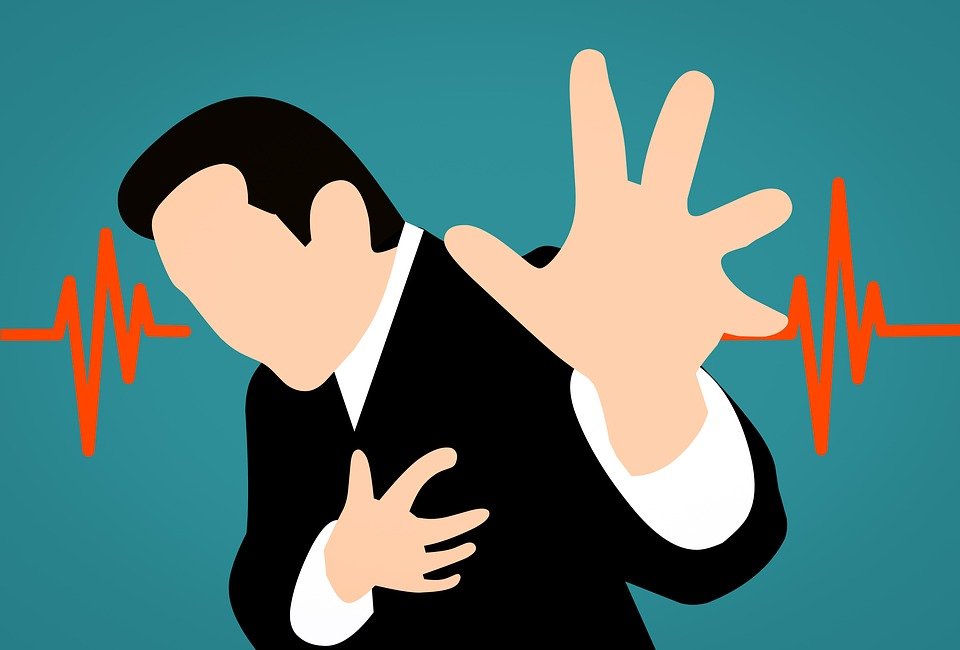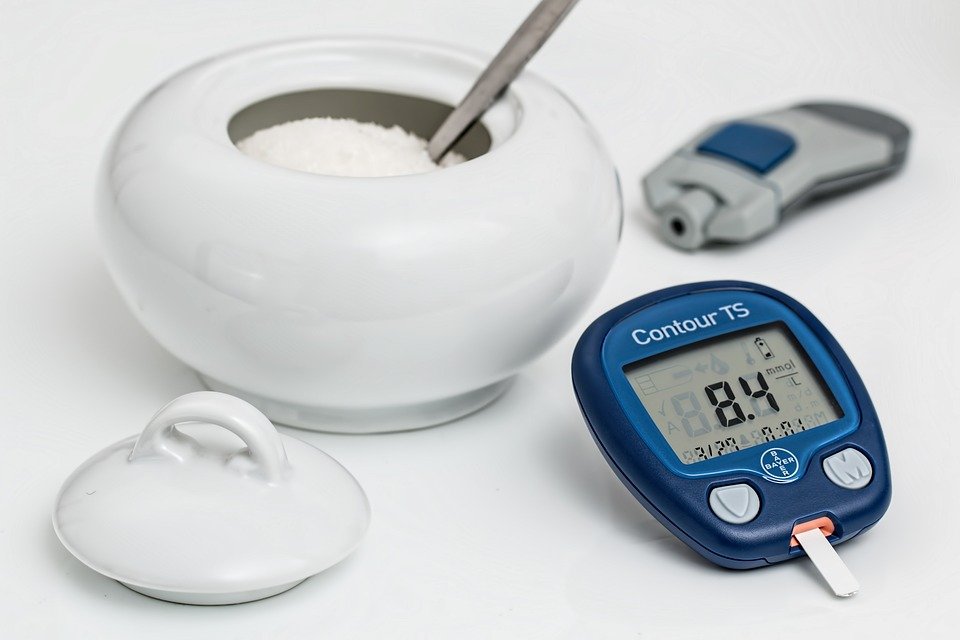The word “heart failure” means the heart has stopped, but not now. Heart failure is a condition in which the heart is weak or stiff and cannot pump enough blood to meet the body’s needs.
What is heart failure?
Heart failure occurs when the heart cannot supply enough blood and oxygen to the muscles and organs. Doctors haven’t found a cure, but many people with heart failure lead active lives. Heart failure does not usually appear immediately, but does occur over time for a variety of reasons. For your safety, it is important to know if you are at risk of transmission.
Heart failure is assessed in two ways.
Left myocardial infarction. This means that the left ventricle, the heart’s main pumping chamber, is not functioning properly (tightening and loosening). Heart failure involves the right ventricle, which is responsible for pumping blood to the lungs to supply oxygen.
Congestive heart failure occurs when blood begins to flow through the arteries, causing swelling of the tissues of the lower extremities. Fluid can build up in the lungs and cause respiratory distress. Congestive heart failure can occur on the left or right side of the heart.
Heart failure, uncontrolled blood pressure, or blood clots in the lungs can cause heart failure. There are many things you can do to reduce your chances of getting this deadly but treatable disease.
Potentially Relevant and Unmanageable Probability Factors
Heart failure is often caused by other conditions that cause the heart to work too hard. The state cannot be controlled or changed
Many of them are lifestyle choices called risk management.
Possible risk factors
Here are a few lifestyle choices that can weaken your spirit over time.
Regular drug and alcohol use is caused by a sedentary lifestyle or lack of regular exercise.
There are also medical conditions that can damage your heart. However, heart damage can be minimized with the right treatment.
The following are conditions that increase the risk of heart failure:
- Have high blood pressure (hypertension).
- Diabetic
- Heart disease
- Thyroid disease
- Fatty fat
- Sleep Apnea
Uncontrollable Chance Factors
Age is the main risk factor for heart failure. The heart begins to deteriorate over the course of life. Other uncontrolled risk factors for heart failure include:
Family history, if one of your close relatives has had heart failure, you are more likely to develop heart failure.
A medical history, such as a previous heart attack or thyroid disease, can increase the risk of heart disease.
Gender, both males and females have heart failure, but males develop it in childhood while females have more severe symptoms
Black people, suffer from heart failure more often than other races.
Although many risks are beyond your control, this does not guarantee that you will develop heart failure. There are several things you can do to reduce the risk.
Can heart failure be prevented?
Taking these simple steps can reduce your risk of heart failure. And the sooner you start, the more time you will have. You can get started with a few simple steps. keep calm Talk to your doctor before starting an exercise program. Aim to get at least two and a half hours of moderate-intensity aerobic exercise a week to get your heart pumping. Also, do not sit for more than 2 hours a day. This can increase the risk of heart failure.
Do not try with illegal pills.
Even small amounts of marijuana, cocaine, methamphetamine or ecstasy can trigger a heart attack. It can cause heart palpitations and blood pressure. It can also cause hardening of the arteries. All these problems increase the risk of heart failure.
Treatment of heart diseases and other diseases. Other heart problems, such as heart disease, increase the risk of heart failure. So keep your blood pressure under control and take cholesterol-lowering medications as prescribed by your doctor.
Do not turn on the lights.
If you are addicted to smoking, quit smoking. Ask your doctor for advice on how to stop smoking. Smoking can damage blood vessels and cause heart failure.
Eat good.
To prevent heart disease, you need to eat right. Reduce your intake of saturated fats, trans fats, added sugars and salt. Choose “good fats,” which include olive oil, nuts, avocados, fish, and salmon or tuna, and vegetables, low-fat foods, and low-protein foods are the best choices.
Drink alcohol immediately.
A little alcohol can help the heart, but not too much. If you’re a man, limit yourself to no more than two glasses of water per day (5 ounces of wine equals one glass). Women should limit themselves to one drink a day. Alcohol can also make heart failure worse if you already have it.
Lose weight according to need.
Aim for a body mass index (BMI) between 18.5 and 24.9. Watch out for belly fat, which can increase your risk of heart disease more than any other type of fat. Even a little weight loss can improve your health.
Control stress
It has the effect of increasing blood pressure. Meditation, counseling, or yoga can help you maintain eye level. I slept well. Chronic sleep apnea, like sleep apnea, can lead to heart failure. Look for a treatment if available. Also, take measures to improve your sleep, such as: b- go to bed and wake up at the same time every night and do not use electricity in your bedroom.
Conclusion
Heart failure is a serious disease. However, the risk of developing heart failure can be reduced by considering certain risk factors and working with your doctor to prevent or treat the underlying problem.




